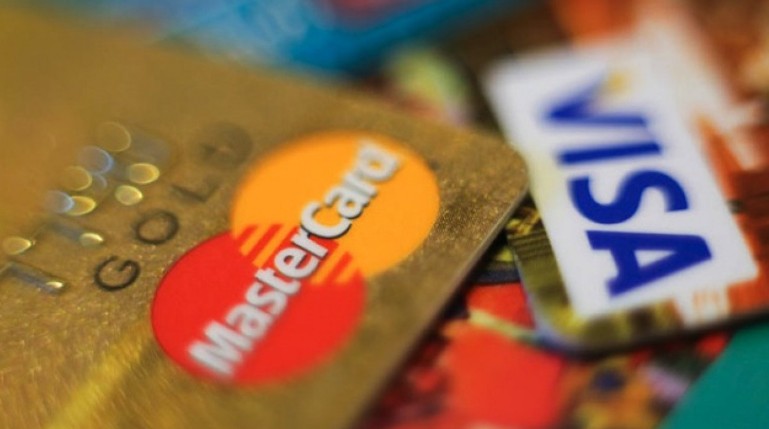After more than two decades of legal wrangling, payment giants Visa and Mastercard have finally agreed to trim some of their credit card fees and hand more control back to retailers.
The move could reshape how millions of customers pay at the till, especially those flashing high-end rewards cards.
The agreement, intended to close a 20-year antitrust battle, could reportedly save merchants more than US$200 billion (around £157 billion).
According to economists Joseph Stiglitz and Keith Leffler, who represented retailers in the case, the deal ranks among the largest class-action settlements in American history.
At the heart of the dispute lay Visa and Mastercard’s controversial “honour all cards” rule, a policy that forced shops to accept every card from a network if they accepted one.
For years, retailers have complained about the rising costs tied to premium credit card transactions, particularly as more consumers shifted towards luxury or rewards-based cards.
Under the new settlement, that obligation eases. Merchants will now be able to decline premium cards if they wish, a significant shift that could alter the payment landscape across the US.
Analysts say the ripple effects will be noticeable. A shopper using a high-fee Chase Sapphire Reserve card might find it rejected at the counter, while another holding a Freedom Unlimited card from the same bank could breeze through payment without issue.
“This proposal represents a major concession from the networks, particularly the modification of the ‘honour all cards’ rule, which gives merchants leverage to manage their acceptance costs by steering customers away from certain higher-fee premium cards,” said Sanjay Sakhrani, analyst at Keefe, Bruyette & Woods.
“Though, even if given the option to turn away certain cards, we see few merchants actually doing so given the implications it would have on the customer experience and the merchants’ sales.”
Mixed Reactions from Trade Groups
Not everyone is cheering. Trade bodies like the Merchants Payments Coalition have pushed back, arguing that premium cards have become too widespread to reject outright.
“After more than 20 years of litigation, Visa and Mastercard have reached a proposed settlement with US merchants of all sizes that would provide meaningful relief, more flexibility, and options to control how they accept payments from their customers,” Visa said in a statement.
The deal also gives merchants the power to add surcharges for customers using Visa or Mastercard products, a controversial but potentially powerful cost-recovery tool.

As part of the arrangement, both networks agreed to cut interchange fees, the charges retailers pay to process card transactions, by 10 basis points over the next five years. Average US consumer credit card interchange rates will now be capped at 125 basis points.
However, the Merchants Payments Coalition says the move doesn’t go far enough.
“The minuscule reduction proposed in the settlement on bank fees could still allow Visa and Mastercard to be able to raise their own fees without any limits,” said Jennifer Hatcher, executive committee member of the MPC.
“All of the supposed merchant and consumer savings could easily be cancelled by Visa and Mastercard increasing their fees.”
Long Road to Settlement
This isn’t the first time the two payment giants have attempted to bury the hatchet. A previous 2024 deal, which would have saved retailers at least US$30 billion, was rejected by US District Judge Margo Brodie earlier this year.
Brodie voiced concerns about the “honour all cards” clause, questioning whether the proposed fee cuts went far enough to protect smaller merchants.
The updated settlement seems to tackle that issue directly, loosening network restrictions and promising to level the playing field for small businesses often hit hardest by rising credit card processing costs.
“We believe that this is the best resolution for all parties, delivering the clarity, flexibility, and consumer protections that were sought in this effort,” Mastercard said in a statement.
“Smaller merchants will gain in this settlement, more acceptance choices, reduced costs, and simplified rules.”
What does it mean for Shoppers?
While few UK consumers will be directly affected, the settlement could influence credit card fee policies globally, especially as regulators in Europe and the UK keep a close eye on interchange practices.
For now, US shoppers might face more choice, or more frustration, at the checkout counter. The days of automatically tapping any shiny premium card might just be coming to an end.






